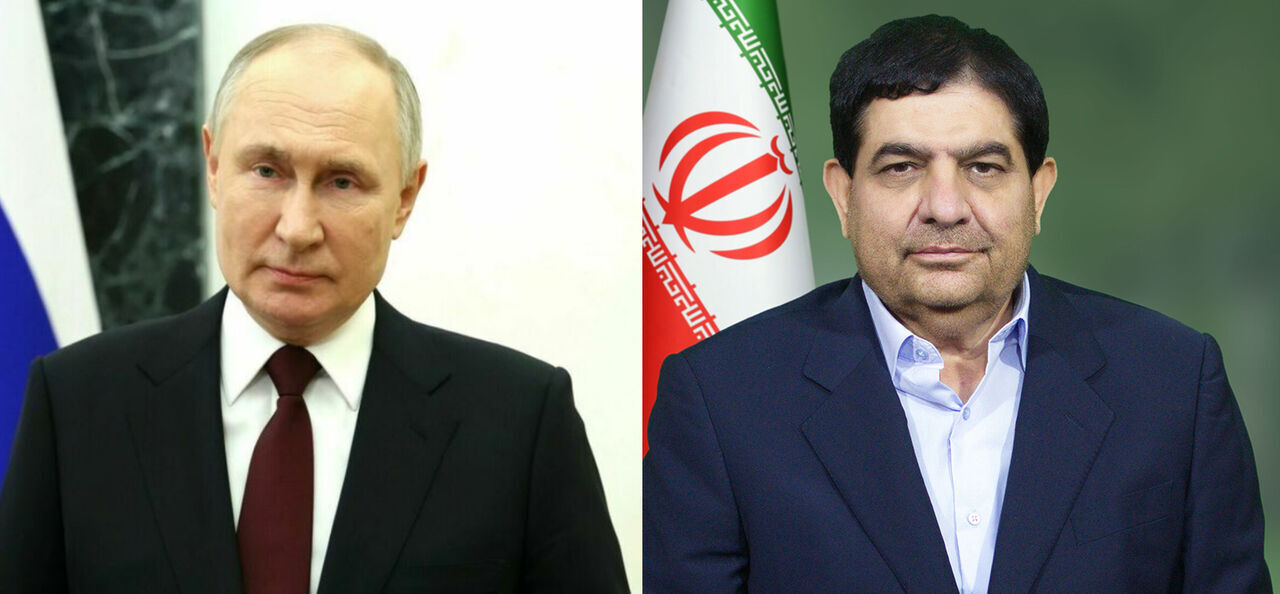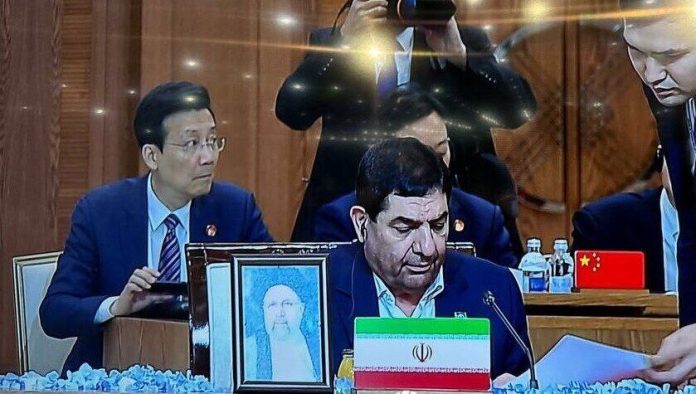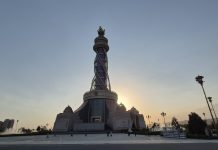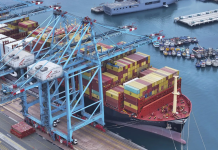ASTANA, July 4 /ISNA/– Iran’s Acting President Mohammad Mokhber proposed the establishment of a joint bank and a common network of free trade zones within the Shanghai Cooperation Organisation (SCO) during the 24th summit of the Council of SCO Heads of State in Astana on July 4, according to ISNA.
Mokhber stepped in for Ebrahim Raisi, who tragically died in a helicopter crash in May. A new president will be elected after the runoff elections on July 5.
Mokhber emphasized the strategic importance of Central Asia in China’s Belt and Road Initiative (BRI), noting China’s long-term efforts to secure access to the region’s raw materials and transport routes leading to the Persian Gulf and Arabian Peninsula.
He proposed that a “joint Shanghai bank” could significantly enhance economic and financial cooperation among SCO member states, leveraging the experiences of the organisation’s Interbank Consortium.
Given the Western sanctions impacting Iran’s international trade, Mokhber stressed the importance of finding alternative transaction methods. He supported the SCO’s agenda to promote commercial exchanges using national currencies, aiming to reduce or eliminate reliance on the US dollar in multilateral transactions.
Mokhber also highlighted the potential of the International North-South Transport Corridor (INSTC) and Iran’s southern ports for more efficient and cost-effective trade exchanges. The INSTC is a multi-modal network connecting India, Iran, Azerbaijan, Russia, Central Asia, and Europe, with Iran serving as a critical transit route.
To further facilitate international trade, Mokhber proposed creating a “common free zones network” and establishing economic treaties like preferential and free trade agreements within the SCO.
Addressing the energy sector, Mokhber voiced Iran’s opposition to “unjust unilateral sanctions” and reiterated the country’s commitment to multilateralism as a significant energy producer. He supported the approval and implementation of an SCO energy cooperation strategy document.
Despite US sanctions, Iran has recently increased its oil exports, particularly to SCO members such as China, and through third parties in Singapore.
Iran became a full SCO member in July 2023, marking a significant achievement for the Raisi administration. The country also joined the Eurasian Economic Union (EEU) and the China-led BRICS group the same year, aligning itself with major Asian economies, including Saudi Arabia and the UAE.
However, Iran’s entry into these groups has raised concerns among European and North American powers due to its stance against Israel and support for groups such as Hezbollah, Hamas, and Iraqi paramilitary organizations.
Mokhber’s Meeting with Putin

Iran’s Acting President Mohammad Mokhber also met with Russian President Vladimir Putin on the sidelines of the SCO summit in Astana.
Mokhber described the relationship between Iran and Russia as “deep, strategic, and unchangeable,” stating that it has altered global power dynamics and challenged the unjust unilateral world order.
He emphasized that President Ebrahim Raisi’s policies have initiated a new chapter in Tehran-Moscow relations, which will benefit not only the two nations but also the broader region and the world.
Concerns have arisen in Iran regarding the possibility of Russia reducing its cooperation following Raisi’s death. The current administration’s efforts to secure deals before the new president takes office are part of a last-minute push, especially given the potential presidency of Reformist Masoud Pezeshkian, who might attempt to distance Iran from Russia.
Mokhber conveyed a message from Iran’s Supreme Leader Ali Khamenei, stating, “Bilateral relations with Russia are deep and will not be subject to change with the change of governments.”
Putin affirmed that Moscow-Tehran relations are “friendly and constructive” and will continue to strengthen regardless of the election outcome in Iran.
He noted that the trade volume between the two countries has increased by 14% since the beginning of the year compared to the same period in 2023, and Russian visitor numbers to Iran have risen by 25%.
Mokhber stressed the urgency of finalizing and implementing a comprehensive cooperation plan between Iran and Russia.
In 2001, Iran and Russia signed a strategic partnership agreement for 20 years, which was renewed in 2020 for an additional five years. In 2020, both countries agreed to prepare a new agreement. Deputy Russian Foreign Minister Andrei Rudenko mentioned in late June that the new agreement is expected to be signed soon, as its text is nearly complete and the necessary terminology has been established.






